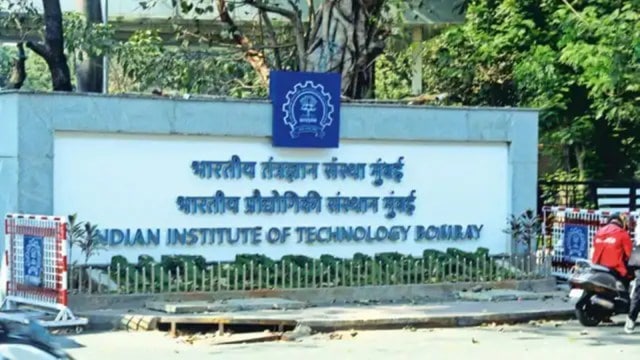IIT–Bombay’s app helps teachers assess reading proficiency
The project which received funding from Tata Centre of Technology & Design and Abdul Kalam Technology Innovation Fellowship is led by Professor Preeti Rao, from IIT Bombay's electrical engineering department, who teamed up with language experts and teachers to create TARA.
 Literacy and language skills are traditionally assessed with a battery of tests on a one-on-one basis employing large numbers of well-trained evaluators. (File Photo)
Literacy and language skills are traditionally assessed with a battery of tests on a one-on-one basis employing large numbers of well-trained evaluators. (File Photo)In a unique effort to transform literacy assessment in schools, researchers from Indian Institute of Technology (IIT) Bombay have developed a mobile app – TARA (Teacher’s Assistant for Reading Assessment) which evaluates reading proficiency of students through recorded audios and presents a report, without any need of human intervention.
The mobile app measures oral reading fluency automatically using speech processing and machine learning technology. Considering the need of regular assessments to increase reading proficiency of school students, TARA aims at reducing time and human effort with an automated system which will listen to the recorded audio of a child reading a level–appropriate passage aloud, and present a complete report on the student’s reading development.
The project which received funding from Tata Centre of Technology & Design and Abdul Kalam Technology Innovation Fellowship is led by Professor Preeti Rao, from IIT Bombay’s electrical engineering department, who teamed up with language experts and teachers to create TARA.
Literacy and language skills are traditionally assessed with a battery of tests on a one-on-one basis employing large numbers of well-trained evaluators. Rao said an essential component of the test and a critical indicator of reading proficiency is oral reading fluency (ORF) is implemented by listening to a child read aloud from printed text and manually scoring attributes such as accuracy, speed and smoothness. Researchers say monitoring learning outcomes is crucial to further use the data to guide instructional strategies.
Explaining functions of TARA, the professor said, “From an audio recording of a child reading a level-appropriate passage aloud, TARA extracts rubrics for ORF including the widely employed WCPM (words correct per minute). Expression is another important dimension of fluent reading that is strongly linked to the reader’s understanding of the text. With TARA, phrasing (grouping of words), intonation and stress in speech are also measured that helps obtain a holistic score indicative of the precise stage of reading development. The system is trained on expert-annotated recordings of children’s reading and currently works for English and Hindi, with its reliability verified to match that of human experts.”
Dr Shailaja Menon, reading pedagogy expert and lead, Center of Excellence in Early Language and Literacy at Tata Trusts, said, “Organisations have long felt the need for a digital tool offering real-time data on learning levels. TARA addresses this gap with an end-to-end system that facilitates audio recording and provides performance data for each child, as well as for cohorts such as class, school and region, on a dashboard.”
TARA has been recently adopted by Kendriya Vidyalaya Sanghatan (KVS) for English and Hindi ORF assessment for Classes 3 to 8, comprising more than seven lakh students in 1,200 schools across India.







